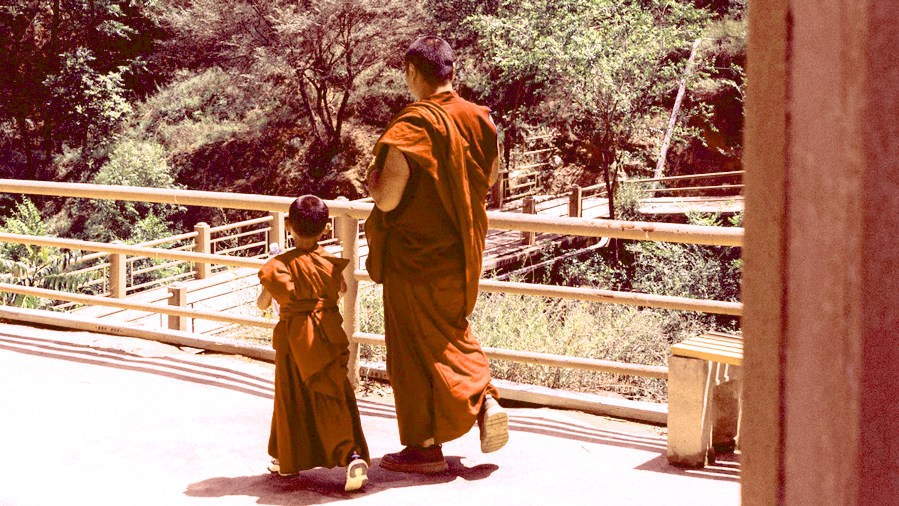[Note: Ven. Upāli was the foremost monk with knowledge of the Vinaya, the monastic code. The Pātimokkha is a subset of all the monastic rules that is recited by groups of monastics on the full and new mood days.]
Then the Venerable Upāli approached the Blessed One, paid homage to him, sat down to one side, and said to him:
“Bhante, on how many grounds has the Tathāgata prescribed the training rules for his disciples and recited the Pātimokkha?”
“It is, Upāli, on ten grounds that the Tathāgata has prescribed the training rules for his disciples and recited the Pātimokkha. What ten? (1) For the well-being of the Saṅgha; (2) for the ease of the Saṅgha; (3) for keeping recalcitrant persons in check; (4) so that well-behaved bhikkhus can dwell at ease; (5) for the restraint of taints pertaining to this present life; (6) for the dispelling of taints pertaining to future lives; (7) so that those without confidence might gain confidence; and (8) for increasing the confidence of those with confidence; (9) for the continuation of the good Dhamma; and (10) for promoting discipline.
“It is on these ten grounds that the Tathāgata has prescribed the training rules for his disciples and recited the Pātimokkha.”
Read this translation of Aṅguttara Nikāya 10.31 Upālisutta: Upāli by Bhikkhu Bodhi on SuttaCentral.net. Or read a different translation on SuttaCentral.net. Or listen on SC-Voice.net. Or explore the Pali on DigitalPaliReader.online.
Or read a translation in Deutsch, Bengali, Indonesian, မြန်မာဘာသာ, Português, ру́сский язы́к, සිංහල, ไทย, Tiếng Việt, or 汉语. Learn how to find your language.

